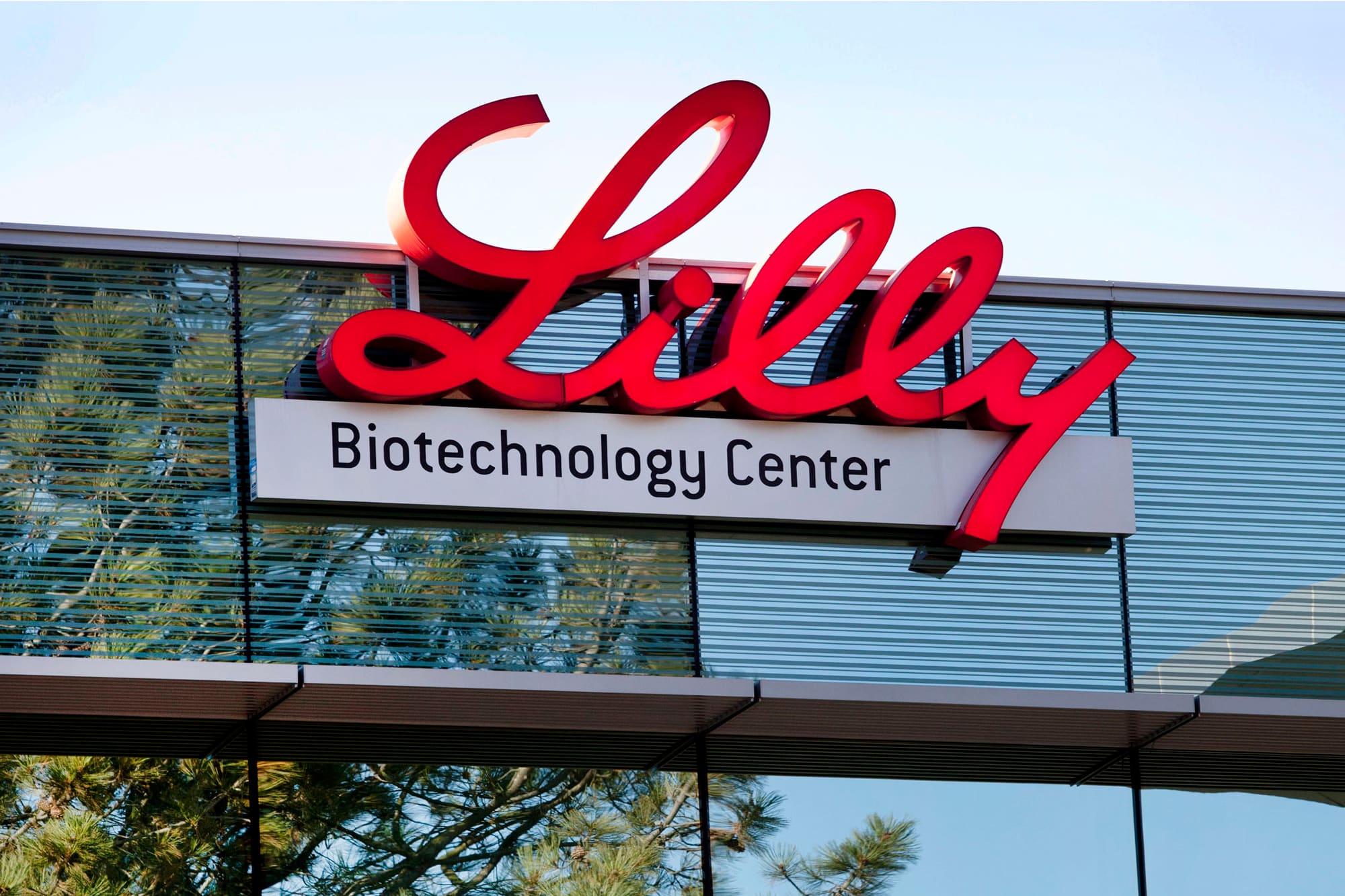Shares of Eli Lilly rose on Wednesday after the company announced it submitted a request to the U.S. Food and Drug Administration for emergency authorization of its Covid-19 antibody treatment.
Eli Lilly’s shares rose by more than 3% in morning trading.
The company announced on Wednesday that its drug, LY-CoV555, which has proven to reduce the rate of hospitalizations for coronavirus patients, showed similar results when combined with another antibody treatment made by the company, LY-CoV016.
The combination treatment was used in people who were recently diagnosed with mild-to-moderate Covid-19, the company said. The combination treatment “significantly reduced” viral load at day 11 and was “generally well tolerated with no drug-related serious adverse events.”
Eli Lilly said it has submitted a request seeking the FDA’s approval for LY-CoV555 and said it plans to submit a request for the combination treatment in November. Company executives said they will hold a call to discuss the findings at 12 p.m. EST.
The company said it could supply 100,000 doses of LY-CoV555 in October and 50,000 doses of the combination therapy by the fourth quarter this year.
“To be able to quickly provide treatment to patients around the world, Lilly invested in large-scale manufacturing of both antibodies at risk – even before data demonstrated their potential to become a meaningful therapeutic option for COVID-19,” the company said in a press release.
LY-CoV555 belongs to a class of treatments known as monoclonal antibodies. It is designed to block viral attachment and entry into human cells, thus neutralizing the virus and potentially preventing severe symptoms and treating the disease. The antibody used a blood sample taken from one of the first U.S. patients who recovered from Covid-19.
A handful of drugmakers are working toward creating Covid-19 antibody treatments, though none of them have been given FDA emergency use authorization. A combination treatment from Regeneron was given to President Donald Trump under a “compassionate use” request, which allows patients to access the drug outside of clinical trials.
— CNBC’s Sam Meredith contributed to this report.
